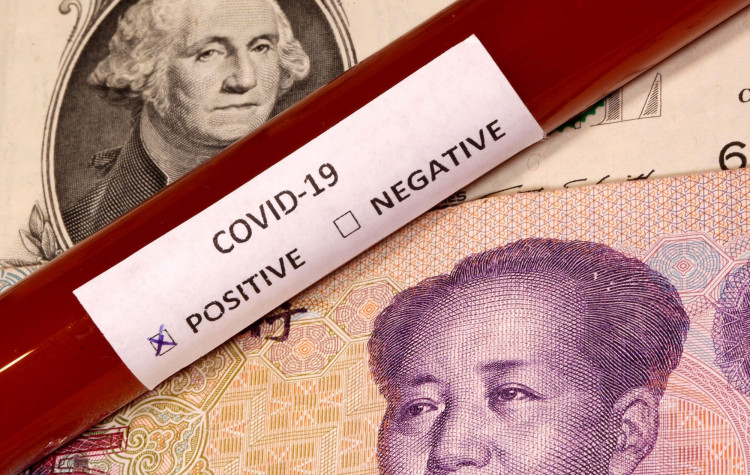The Chinese foreign exchange reserves have lost 1.2 billion dollars since 2020. The State Administration of Foreign Exchange (SAFE) claimed that although the Chinese forex market remains stable in February this year, multiple factors have increased the US dollar index and gave rise to bond prices for major countries.
According to spokeswoman and chief economist for SAFE Wang Chunying, China's foreign exchange reserves closed at 3.10067 trillion US dollars by the end of February. She revealed that the reserve dropped 0.04 percent or lost 1.2 billion USD since the start of 2020.
The decline was allegedly due to multiple factors such as fluctuating exchange rates and changes in asset prices in the market. Wang added that the worsening public health crisis caused the increase of the US dollar index and made US bond prices higher in significant countries.
At present, the US dollar index improved by 0.79 percent in February. It rose by 0.95 percent last January this year. The increases were blamed on weaker Chinese imports that shrunk trade surplus. The condition allegedly contributed to smaller reserves, thereby making the US dollar more robust against the Chinese yuan.
Despite the uncertainties in the market today, China's long-term economic growth remained unchanged. It was also revealed that the public health crisis' impact on the Chinese economy would be short-lived and that the government could easily manage the epidemic.
Wang also added that China's forex market would remain stable as the country experiences a steady and healthy economy. She also claims that there have been showings of positive factors in the marketplace that would allow it to recover sooner than expected.
The public health crisis also caused disruptions to foreign trade that resulted in the losses in China's reserve. Economists from Wall Street had expected a 10 billion USD fall in the Chinese reserves since February.
It was also revealed that the decline reflected higher treasury prices in economies, the State Administration of Foreign Exchange said in a statement. The global economy and financial markets have also been burdened with consistent uncertainty due to the supposed public health crisis.
According to The Wall Street Journal, US treasury yields decreased by 0.4 percent as oil prices shoot up 25 percent. It was revealed that investors have been responding to Saudi Arabia's decision to cut most of its oil prices to promote higher outputs by buying shares of stock in oil futures. The said financial activity was perceived to generate changes to treasury values in the coming weeks.






